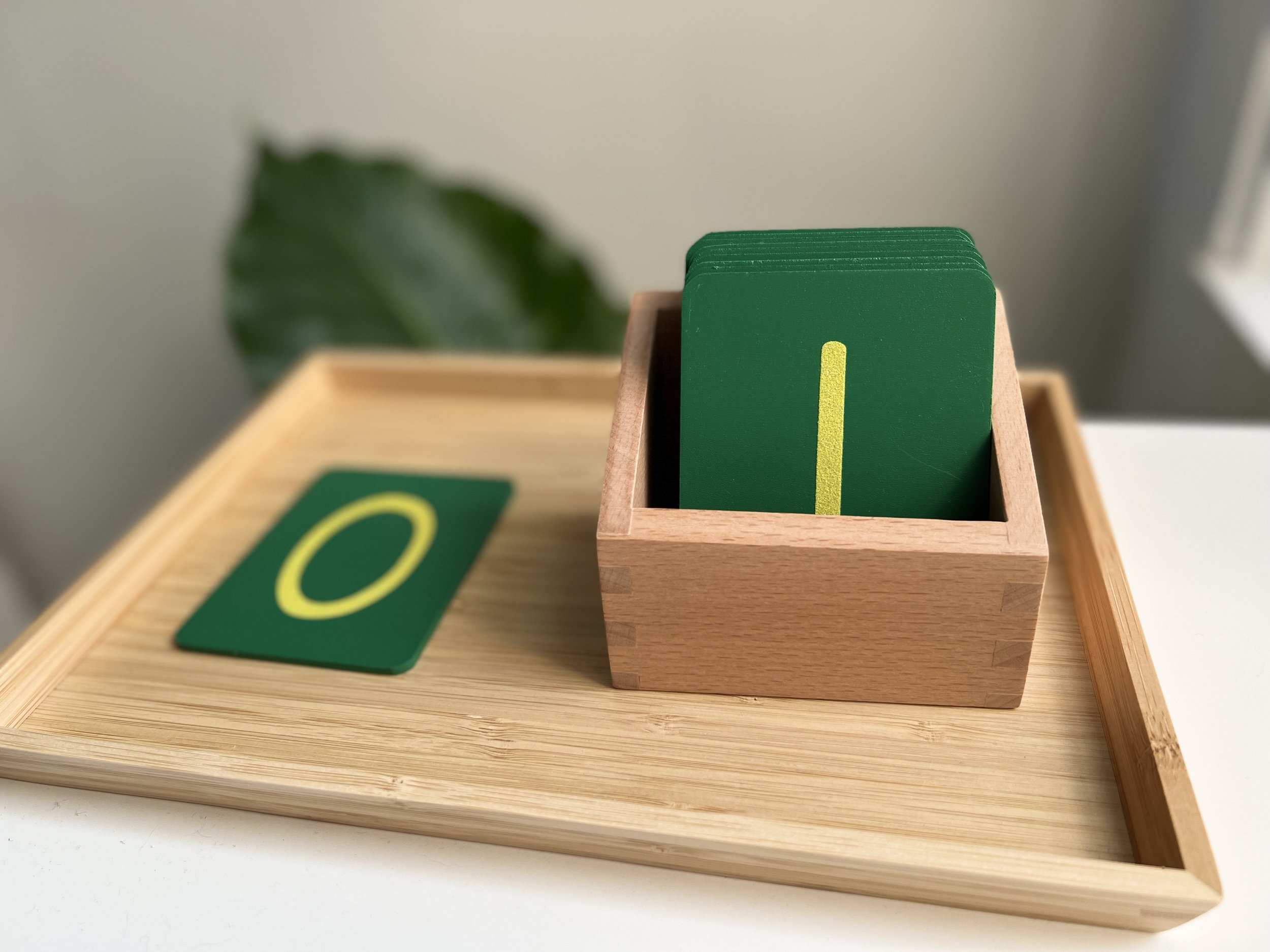Montessori Method of Education
Montessori is a method of education that is personalized to each child’s learning style, stage of development, and interests. Children develop complete academic and well-being foundations through hands-on experience, real-world application, and problem-solving using the Montessori Method of education.

Dr. Maria Montessori
Montessori is a method of education that was developed by Doctor Maria Montessori. Maria Montessori started her career as a Doctor; however, through her work with underprivileged children, she moved from medicine to education. She used her training as a scientist to observe how children learn and applied this to develop a better way to educate children with astounding results.
In 1907, Doctor Maria Montessori opened her first Casa Dei Bambini’ or ‘Children’s House’ for young children. Within one year of applying her new method of education, many of her students were able to read, write, and do basic mathematics. News of her success spread across Europe, and the Montessori Method, as it came to be known, took off worldwide.
10 Principles of Montessori Education
Respect for the Child
-Montessori educators will have the same respect for the child, as they would for an adult, therefore they will treat their students the same way they would an adult.
Absorbent Mind
- Montessori Educators believe that From birth until the age of 6, children’s minds are like a sponge, absorbing information daily from their environment.
Sensitive Periods
-Dr. Maria Montessori observed that children pass through specific stages in their areas of development: when they child is particularly interested in learning a certain skill or concept.
Educating the Whole Child
-The Montessori method is focused on nurturing each child’s potential by providing learning experiences that support their intellectual, physical, emotional, and social development.
Individualized Learning
-Montessori respects and recognizes that each child has a unique developmental timeline.
Freedom of Movement and Choice
-Children have the freedom of what they would like to work on (as long its available), they have the freedom to rest or to observe another child (as long as they are not disturbing another child), and the freedom to move around the classroom (as long as they respect the people around them).
Prepared Environment
-Montessori refers to the classroom as the prepared environment. Everything in the space has a place and a purpose.
Intrinsic Motivation
-The Montessori approach takes the view that learning is its reward. Children derive a sense of accomplishment from completing an activity and learning to do it themselves.
Independence
- The ultimate goal of Montessori is independence. Through independence, children learn how to be responsible for caring for themselves, others, and the environment.
Auto-Education
-Children are viewed as born leaders who are capable and willing to teach themselves when provided the correct stimulus. All Montessori materials are designed to meet this need and empower children with the ability to take their education into their own hands.
Montessori Materials
Montessori materials are ingenious firsthand learning tools that stimulate children’s minds, encourage exploration, and inspire independent learning. They are inviting, simple to use, and created to support children’s learning and development. Montessori materials are designed to teach only one skill at a time and provide children with ample time and opportunity to gain experience by trial and error.
Children are first introduced to each Montessori material by their educator, and then invite the child to work with the material independently. As soon as the children are finished working with the activity, the children return each material to its place. All Montessori materials are presented to the child in sequence, from easiest to hardest, and with their developmental needs and interests in mind. This structure provides a logical and ordered progression for learning and promotes the gradual layering of knowledge.
Montessori Curriculum Areas
Within a Montessori curriculum, children are offered five key areas of study: Practical Life, Sensorial, Mathematics, Language, and Cultural Studies. Children develop a foundational understanding of each material and master the core competencies within each curriculum area through repetition and practice.
Montessori educators present key lessons to introduce children to the name and learning outcomes of each Montessori material; they practice independently, explore, and make connections to the key learning outcomes. Montessori educators observe how the children are learning and document their progress. An educator will only intervene if needed, to encourage children’s independence, as there is a direct link between children’s sense of empowerment and their ability to learn and retain new skills and information.






